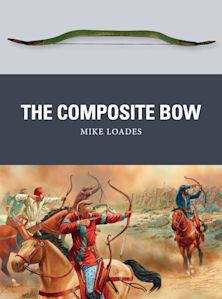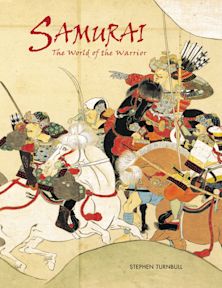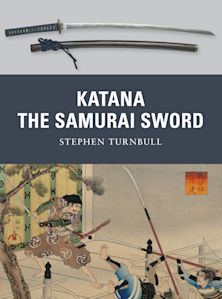Medieval Indian Armies (2)
Indo-Islamic Forces, 7th–Early 16th Centuries
Medieval Indian Armies (2)
Indo-Islamic Forces, 7th–Early 16th Centuries
Description
This illustrated study investigates the Indo-Islamic fighting men of South Asia from the 7th century AD to the Mughal conquest of the 16th century.
From 1206, much of what is now India as well as parts of Pakistan, Bangladesh and Nepal were ruled by a succession of Islamic dynasties that had their origins in the Ghurid forces that conquered parts of northern India in the 12th century. Although it was never complete, the Islamic domination of this huge region also had a profound impact upon Islamic civilization as a whole, not least in military terms, being felt as far west as Africa. Within South Asia, the war-torn medieval centuries laid the foundations for the subsequent even more brilliant Mughal Empire.
Featuring eight plates of superb artwork alongside carefully chosen photographs and illustrations, this study complements the same author's Medieval Indian Armies (1): Hindu, Buddhist and Jain. It describes and illustrates the Indo-Islamic forces operating in South Asia, from the Umayyad Caliphate's frontier in north-western India and Afghanistan in the late 7th century through to the Delhi Sultanate, the Sultanate of Bengal and the Bahmani Sultanate in the 15th and 16th centuries.
David Nicolle explains how, with respect to arms, armour, fortification and transport both on land and at sea, the widely successful Muslim armies learned a great deal from their more numerous Hindu, Jain and Buddhist opponents. This was especially evident in developments such as the use of war-elephants and the adoption of lighter, often textile-based forms of protection such as 'soft armour' made of cotton. On the other side, there would be widespread adoption of more potent weapons such as the composite bow, and considerably more sophisticated systems of cavalry warfare, among the non-Islamic forces of the Indian sub-continent. Fully illustrated, this absorbing account casts light on many centuries of warfare in South Asia.
Table of Contents
Islamic dynasties in medieval India
Cultural exchange in medieval India
A clash of military traditions
The caliphates' Indian frontier, c.650-800
The Indo-Islamic provinces, c.800-950
Ghaznavids and Ghurids, c.950-1225
The Delhi and Bengal Sultanates, c.1200-1525
The Deccan and Southern Sultanates, c.1350-1525
Further Reading
Plate Commentaries
Index
Product details
| Published | 23 Nov 2023 |
|---|---|
| Format | Ebook (Epub & Mobi) |
| Edition | 1st |
| Extent | 48 |
| ISBN | 9781472853370 |
| Imprint | Osprey Publishing |
| Illustrations | 8 colour artwork plates; black & white photographs and illustrations. |
| Series | Men-at-Arms |
| Short code | MAA 552 |
| Publisher | Bloomsbury Publishing |

Resources
Discover More
Visit our exclusive member's website to see artwork, maps, and more from this book.

Resources
Book Vote
Tell us what titles you would like to see published by Osprey, then vote for your favourites in our monthly book vote!


























